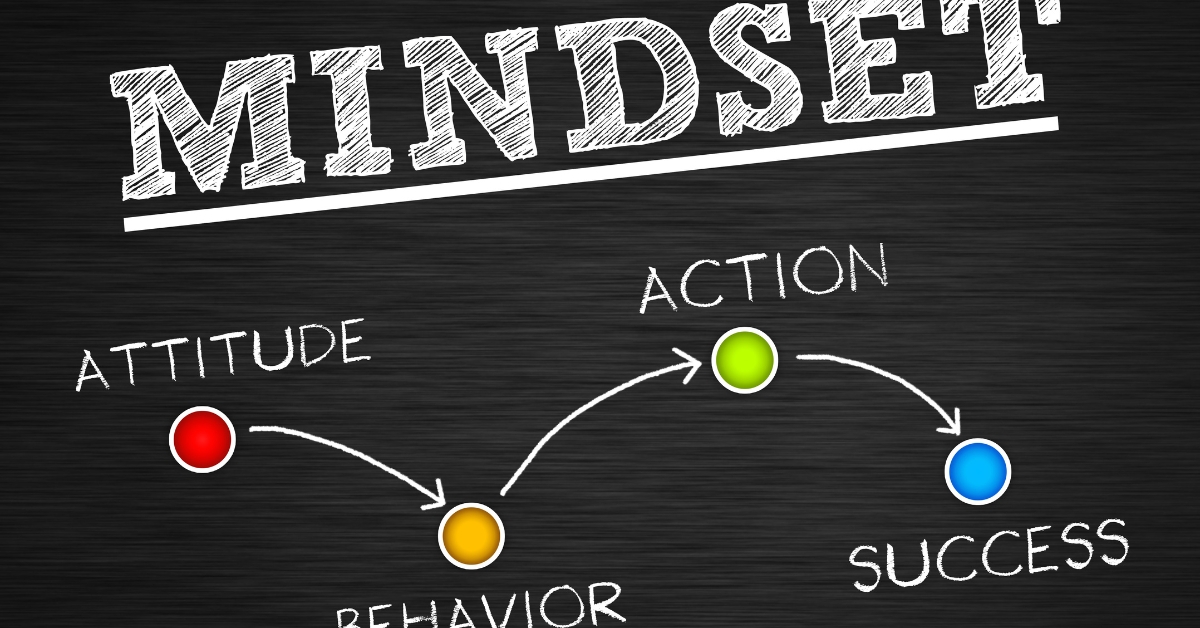Fostering a Growth Mindset: Empowering Kids to Embrace Challenges
In an ever-evolving world brimming with opportunities and challenges, equipping children with the right mindset is paramount. One of the most transformative frameworks for personal development is the concept of a growth mindset, popularized by psychologist Carol Dweck. But what exactly is a growth mindset, and how can parents and educators foster this invaluable trait in children?
Understanding the Growth Mindset
The essence of a growth mindset lies in the belief that abilities and intelligence can be developed through dedication, hard work, and a willingness to learn. In contrast to a fixed mindset, which holds that talents and intelligence are static and unchangeable, a growth mindset champions the idea that failures are merely stepping stones toward improvement and success.
Children with a growth mindset tend to embrace challenges, persist in the face of setbacks, and seek out feedback as a means of growth. This perspective not only enhances academic performance but also cultivates resilience and a lifelong love of learning.
The Importance of Embracing Challenges
In a society that often prizes immediate success and achievement, nurturing a growth mindset in children becomes essential. Encouraging kids to embrace challenges can lead to several benefits:
Resilience: When children view obstacles as opportunities to develop their skills and learn, they become more resilient. Instead of feeling defeated by failure, they learn to analyze what went wrong, adjust their strategies, and try again.
Increased Motivation: Children who adopt a growth mindset are generally more motivated to take on new challenges, knowing that their efforts can lead to improvement. This motivation can propel them to explore new subjects, engage in extracurricular activities, and pursue their passions.
Enhanced Problem-Solving Skills: A growth mindset fosters creativity and critical thinking. Children learn to tackle problems from different angles and develop innovative solutions rather than resorting to straightforward, memorized answers.
Positive Attitude Toward Learning: When children recognize that learning is a journey filled with ups and downs, they are less likely to shy away from challenging tasks. Instead, they approach learning with curiosity and an open mind, making education a more enriching experience.
Strategies for Fostering a Growth Mindset
Parents, teachers, and caregivers play a pivotal role in shaping children’s mindsets. Here are some effective strategies to foster a growth mindset:
Model the Mindset: Children learn by observing the adults in their lives. Demonstrating a growth mindset through your own responses to challenges can inspire them to adopt similar attitudes. Share your experiences with setbacks and how you navigated them, emphasizing the lessons learned.
Praise Effort Over Outcome: While acknowledging achievements is important, focusing praise on effort and determination encourages children to value the process over the result. For instance, instead of saying, “You’re so smart,” try, “I’m really proud of the hard work you put into this project.”
Teach Resilience through Storytelling: Share stories of individuals (whether famous figures or personal acquaintances) who overcame obstacles and failures on their way to success. Discuss how perseverance and hard work shaped their journeys.
Create a Safe Environment for Risks: Encourage children to take safe risks in their learning environments. Allow them to explore new activities without the fear of harsh judgment, fostering a sense of security when attempting unfamiliar tasks.
Emphasize Learning from Mistakes: Frame mistakes as valuable learning opportunities. Discuss what went wrong, what could be done differently next time, and celebrate the insights gained from these experiences.
Encourage a Passion for Learning: Introduce children to a variety of subjects and activities. Help them discover what truly interests them and provide the resources for them to pursue those passions, fostering lifelong curiosity.
Provide Constructive Feedback: When giving feedback, focus on helping children understand what they can do differently in the future. This approach will guide them toward strategic improvement rather than simply labeling their performance.
Conclusion
Fostering a growth mindset in children is one of the most empowering gifts we can provide. By nurturing resilience, embracing challenges, and cultivating a positive attitude toward learning, we prepare children not just for academic success, but for a fulfilling life where they can navigate the complexities of the world with confidence and creativity. The journey starts at home and in schools, where consistent support and encouragement can transform challenges into gateways for growth and endless possibilities.



